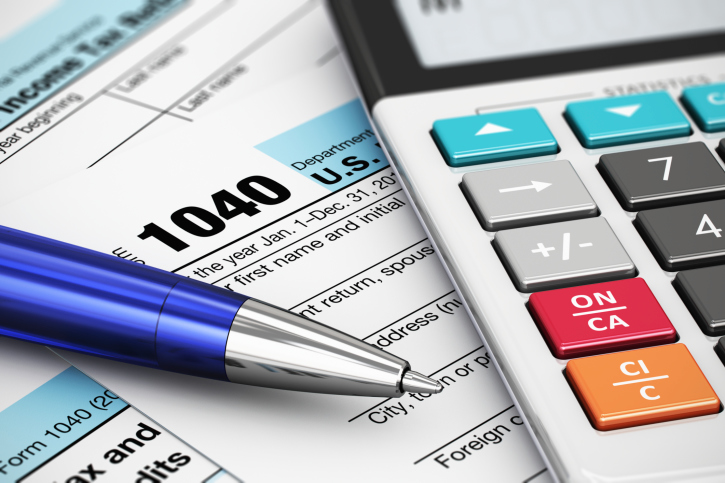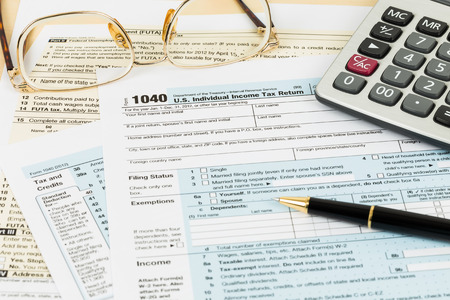Should You Pay Discount Points When You Get Your Mortgage?
 One of the challenges you will face when deciding how much money to put down on your new home is whether to put down a larger down payment or to take a bit of money from your down payment and use it to buy “discount points” to lower your interest rate.
One of the challenges you will face when deciding how much money to put down on your new home is whether to put down a larger down payment or to take a bit of money from your down payment and use it to buy “discount points” to lower your interest rate.
There are pros and cons to doing both and each borrowers situation will be different so it’s important to understand which option is best for your individual situation. Some factors you should consider include:
- Cost of borrowing – generally speaking, to lower your interest rate will mean you pay a premium. Most lenders will charge as much as one percent (one point) on the face amount of your loan to decrease your rate. Before you agree to pay points, you need to calculate the amount of money you are going to save monthly and then determine how many months it will take to recover your investment. Remember, closing points are tax deductible so it may be important to talk to your tax planner for guidance.
- Larger down payment means more equity – keep in mind, the larger your down payment, the less money you have to borrow and the more equity you have in your new home. This is important for borrowers in a number of ways including lower monthly payments, better loan terms and potentially not having to purchase mortgage insurance depending on how much equity you will have at the time of closing.
- Qualifying for a loan – borrowers who are facing challenges qualifying for a loan should weigh which option (points or larger down payment) is likely to help them qualify. In some instances, using a combination of down payment and lower rates will make the difference. Your mortgage professional can help you determine which is most beneficial to you.
There is no answer that is right for every borrower. All of the factors that impact your mortgage loan and your overall financial situation must be considered when you are preparing for your mortgage loan.
Talking with your mortgage professional, and where appropriate your tax professional, to help you make the decision that is right for your specific situation.

 Even though owning a home comes with some significant expenses, some of them are tax-deductible. With many people looking for ways to lower their income tax, there are a few expenses tied to the house that every homeowner should consider. This could make a significant difference in their final tax bills, and it could lead to a large tax refund.
Even though owning a home comes with some significant expenses, some of them are tax-deductible. With many people looking for ways to lower their income tax, there are a few expenses tied to the house that every homeowner should consider. This could make a significant difference in their final tax bills, and it could lead to a large tax refund. Before delving into tax-deductible home improvements, it’s important to understand that these tax deductions won’t be applied immediately. In most cases, homeowners can only benefit, tax-wise, from their home renovations later, when they sell their home.
Before delving into tax-deductible home improvements, it’s important to understand that these tax deductions won’t be applied immediately. In most cases, homeowners can only benefit, tax-wise, from their home renovations later, when they sell their home. When the chatter was at its peak on the 2018 tax law changes being proposed, one of the big areas of concern for homeowners was the elimination of the mortgage interest deduction. Right behind that issue was a similar treatment with regards to property tax deductions.
When the chatter was at its peak on the 2018 tax law changes being proposed, one of the big areas of concern for homeowners was the elimination of the mortgage interest deduction. Right behind that issue was a similar treatment with regards to property tax deductions.